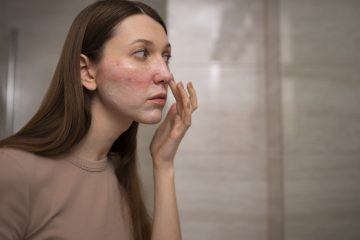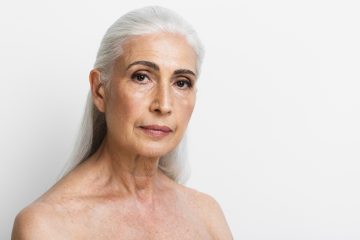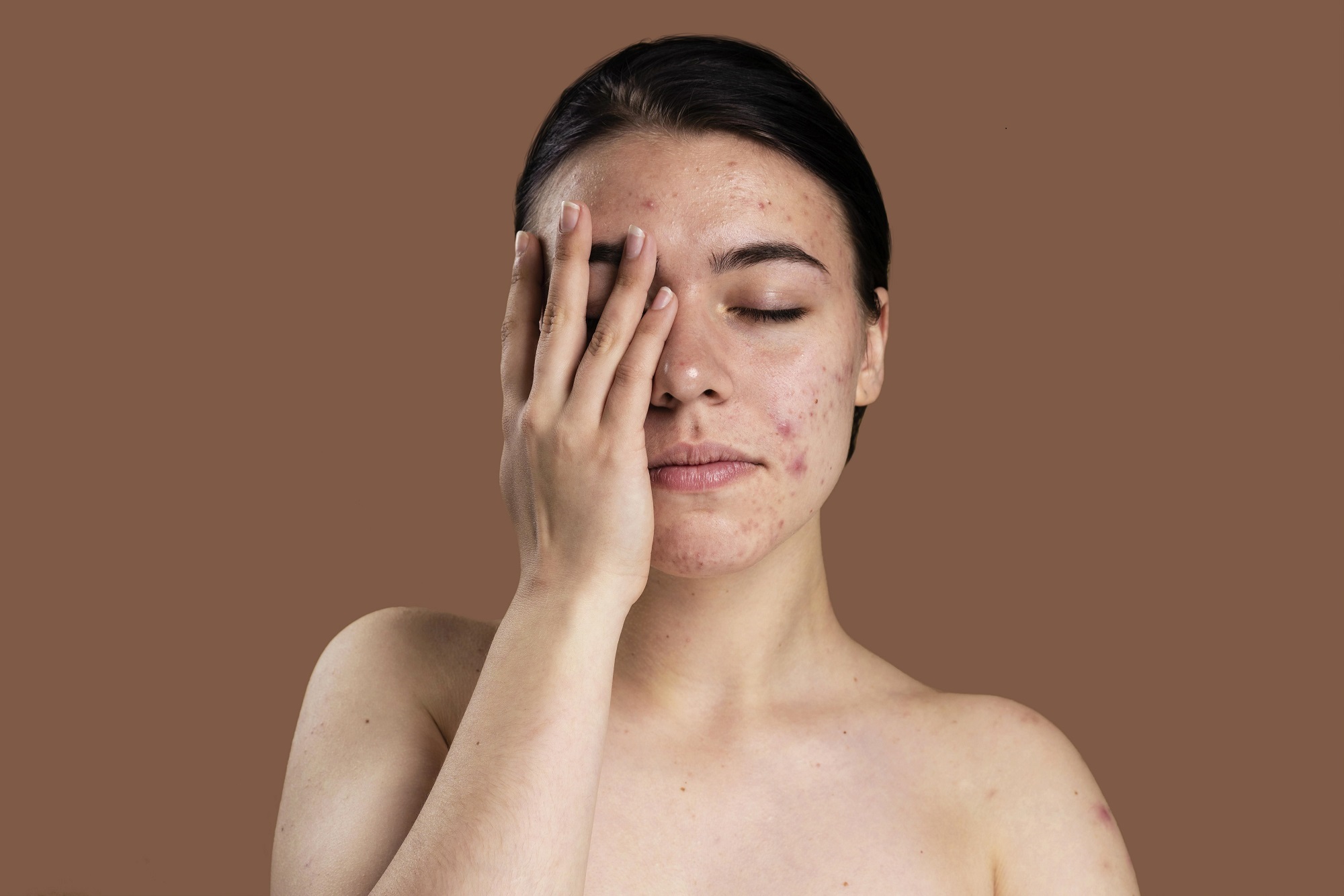Your skin is a reflection of your overall health, and vitamin deficiencies can manifest in various ways on your face. From dryness and acne to premature aging and dullness, a lack of essential nutrients can take a toll on your skin’s appearance. Each vitamin plays a crucial role in maintaining skin health, and deficiencies can lead to noticeable changes. In this article, we’ll explore how different vitamin deficiencies affect your skin and what your face might be revealing about your diet.
The Role of Vitamins in Skin Health
Vitamins are essential nutrients that support various bodily functions, including immune function, skin cell production, and collagen synthesis. The most well-known vitamins for skin health are Vitamin A, C, D, E, and the B vitamins. A lack of any of these can result in various skin issues, which are often noticeable on the face. If you observe persistent skin problems that do not improve with dietary adjustments or over-the-counter treatments, it is advisable to consult a skin specialist.

1. Vitamin A Deficiency: Dry, Flaky Skin and Acne
Vitamin A is essential for the growth and repair of skin cells. It also helps in the production of sebum, the skin’s natural oil. Vitamin deficiencies, particularly a deficiency in Vitamin A, can lead to dry, flaky skin as the body struggles to repair and regenerate skin cells. Additionally, Vitamin A is crucial for preventing acne, as it regulates the production of sebum. Without enough Vitamin A, the excess sebum can clog pores and contribute to acne breakouts, especially around the T-zone (forehead, nose, and chin).
Foods rich in Vitamin A include sweet potatoes, carrots, spinach, and eggs. Including these in your diet can help prevent dry skin and acne scars and flare-ups.
2. Vitamin C Deficiency: Dull Skin and Increased Wrinkles

Vitamin C is a potent antioxidant and plays an integral role in collagen production, which gives the skin its structure and elasticity. A lack of Vitamin C can lead to dull, lifeless skin and an increase in fine lines and wrinkles. It can also make the skin more prone to bruising and slow down the healing process of cuts or blemishes.
A well-known sign of severe Vitamin C deficiency is scurvy, which causes swollen, bleeding gums and other skin-related symptoms. Even mild deficiency can leave the skin looking lackluster and less youthful. In recent years, some individuals have turned to whitening injections, such as glutathione injections, to achieve a brighter and more even skin tone.
To boost your Vitamin C intake, try adding citrus fruits, strawberries, bell peppers, and broccoli to your diet. These foods are not only good for your skin but also strengthen your immune system.
3. Vitamin D Deficiency: Red, Itchy Skin and Eczema
Vitamin D, often referred to as the “sunshine vitamin,” plays a role in skin cell growth and repair. A deficiency in Vitamin D can lead to a variety of skin conditions, including eczema, psoriasis, and general irritation. Red, itchy patches of skin, particularly on the face or scalp, may indicate a Vitamin D deficiency.
Since Vitamin D is primarily obtained through sunlight exposure, individuals living in areas with limited sunlight or those who spend a lot of time indoors may be more prone to vitamin deficiencies, particularly a deficiency in Vitamin D. It is important to get a moderate amount of sunlight each day to maintain healthy Vitamin D levels. If that’s not possible, fortified foods like milk, fortified cereals, or supplements may help.
4. Vitamin E Deficiency: Premature Aging and Skin Damage

Vitamin E is a fat-soluble antioxidant that helps protect the skin from environmental stressors, such as UV radiation and pollution that contribute to premature aging. It also aids in skin healing and reduces the appearance of scars. A deficiency in Vitamin E can cause the skin to appear older than it is, with increased fine lines and wrinkles.
Additionally, Vitamin E plays a role in protecting the skin from oxidative damage, which can lead to pigmentation issues and dark spots. People with low levels of Vitamin E may also notice that their skin is more prone to sunburns or redness.
To ensure sufficient Vitamin E, include nuts, seeds, avocados, and leafy greens in your diet.
5. B-Vitamin Deficiency: Redness, Sensitivity, and Skin Rashes
B vitamins, particularly B2 (riboflavin), B3 (niacin), and B7 (biotin), are essential for maintaining skin health. A deficiency in any of these can lead to a range of skin issues. For instance, B2 deficiency can cause redness and inflammation, particularly around the nose and mouth. B3 deficiency may lead to a condition known as pellagra, which results in inflamed, red, and itchy skin.
Vitamin deficiencies, especially a lack of B-vitamins like biotin, can significantly impact skin and hair health. Biotin deficiency, although rare, can lead to dry skin, hair thinning, and even brittle nails. Additionally, people with low levels of B-vitamins may experience skin rashes, increased sensitivity, or a general lack of skin radiance, making their complexion appear dull and uneven.
Ensuring a diet rich in B-vitamins is crucial for maintaining healthy skin and hair. Foods high in B-vitamins include whole grains, eggs, dairy products, legumes, and leafy greens. Including these nutrient-dense foods in your diet can help prevent vitamin deficiencies and promote a vibrant, youthful complexion.
Conclusion
Your face might be telling you something about your diet. Vitamin deficiencies manifest in various ways, from dry patches and acne to dullness and wrinkles. By paying attention to these signs and adjusting your diet to include a variety of nutrient-rich foods, you can help your skin look and feel its best. Always remember that balanced nutrition is key to both internal and external health, so incorporating a wide range of vitamins into your daily meals can do wonders for your skin’s appearance and overall well-being. If you suspect a vitamin deficiency is affecting your skin, it’s always a good idea to consult with a healthcare provider or dermatologist for proper diagnosis and treatment.
